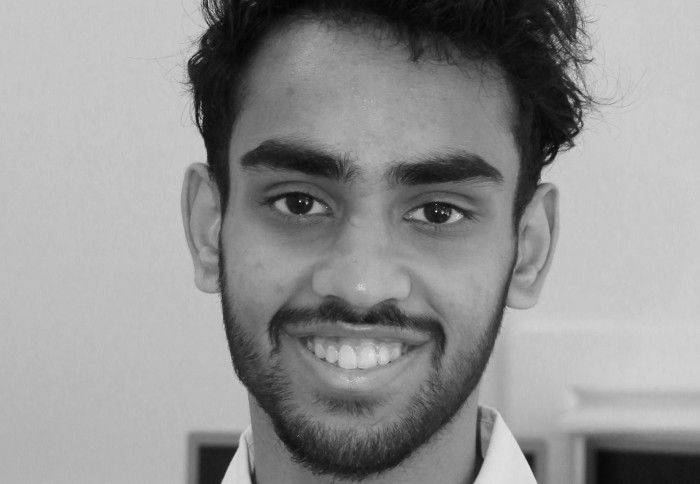A Summer working at the SGI in Energy Research: Ash Bongirwar
by Zara Qadir

Fourth-year student, Anshul Bongirwar from the Department of Chemical Engineering at Imperial College, worked this summer at the SGI
This was part of the college’s Undergraduate Research Opportunities Programme (UROP). The scheme offers student’s placements in different research environments across the college to provide a taster of the realities and challenges of working in academia.
Anshul (nickname: Ash) has been assisting the team with gathering and validating data for the industrial sector of the MUSE energy systems model. We invited Ash to tell us a little about his work, and his future plans.
How did you find out about the Institute, and what first sparked your interest in working here?
The Sustainable Gas Institute (SGI) co-director Dr Adam Hawkes, also happens to be my personal tutor. I heard about the placement from Dr Hawke but I already had been interested in his work in energy systems modelling as it is an almost elegant short-term solution to the problem of global warming we have at hand. I have also always wanted to work directly on tackling the issue of carbon dioxide and finding innovative ways of safely removing it from the atmosphere. I had also heard of the Sustainable Gas Institute through your work on the potential of CCS [the second white paper, ‘Can technology unlock unburnable carbon?’].
Ash, can you tell us about the project that you are working on?
I have been working with Dr Sara Budinis from the MUSE team on classifying energy consumption for different industrial systems and technologies. The MUSE energy systems model effectively gives a roadmap to the industrial sector to invest in processes that don’t push the planet beyond the 2 degree goal set out by the Paris Accord.
What industries are you looking at, and why is this industrial sector so important?
The industries are steel, cement, chemical, paper, ferrous, as well as other smaller-scale industries. All these industries produce a lot of emissions as they are incredibly energy intensive, and their main source of energy is still fossil fuels. This makes these industries incredibly difficult to decarbonise.
Cement production alone accounts for 6% of global carbon emissions, making it the second biggest source of carbon emissions from global industry, after steel [Source: Carbon Disclosure Project (CDP)].
What did the research actually involve on a day-to-day basis?
For the first three weeks of my project, I mapped out all the different configurations for each sector. By configuration, I mean that each industrial sector has different manufacturing steps. For example, in cement production the steps involved in manufacturing are separating and finishing. For each of these individual steps, there are multiple parallel processes and technologies each with their own energy characteristics. For example, one may rely primarily on electricity and other a combination of electricity, bio fuel and organic waste. Each industrial sector can therefore have potentially 30-40 different combinations or configurations of steps, processes and technologies.
After the mapping exercise, I then had to find accurate and reliable data on each of these configurations which could be inputted into the MUSE model. I was looking for data for each configuration on factors such as fuel sources, energy consumption, as well as operating and capital costs, in addition to the potential for CO2 capture.
I collated the data and also had to validate the data multiple times. It’s really important that the data is 100% accurate for the model, as MUSE is a tool that will potentially help governments and industry to mitigate climate change and decarbonise by 2050.
What do you plan to do next year?
I really liked working at the institute as it was the type of research environment where I could set and meet short-term goals. I believe this can be difficult in some academic environments, and I like the fact that I had mini achievements on a weekly basis. I also gained a lot of expertise in data analysis which will come in useful for career in technical or management consultancy. These are areas that I’m exploring at the moment.
I am going into my final year so it will be busy. However, I’m starting a business. I’m building an app for the fashion industry that gives personalised advice. The concept behind the app is to improve self-confidence of the general population and hopefully provide overall positive benefits to mental health in our society.
Article text (excluding photos or graphics) © Imperial College London.
Photos and graphics subject to third party copyright used with permission or © Imperial College London.
Reporter
Zara Qadir
Department of Earth Science & Engineering